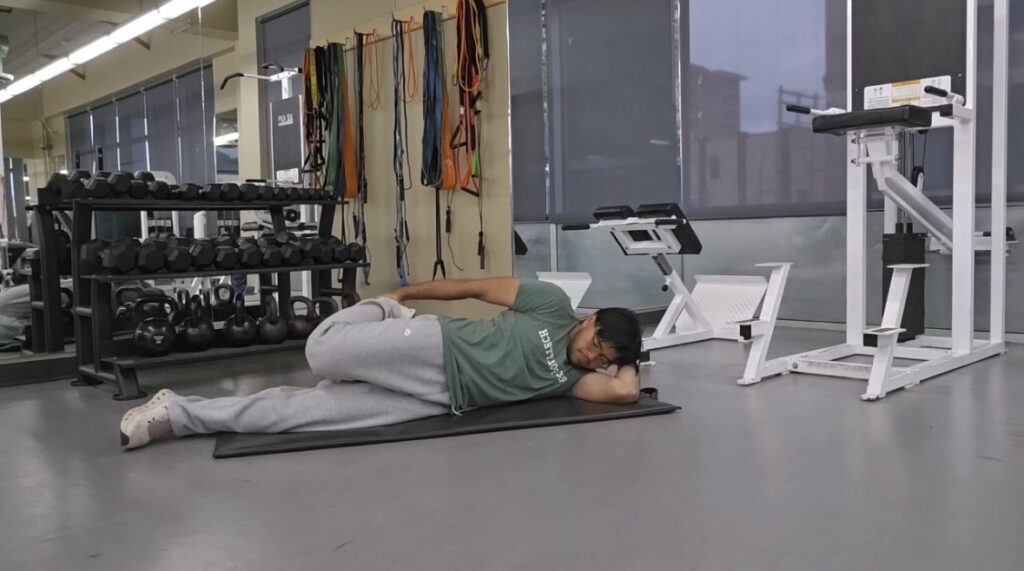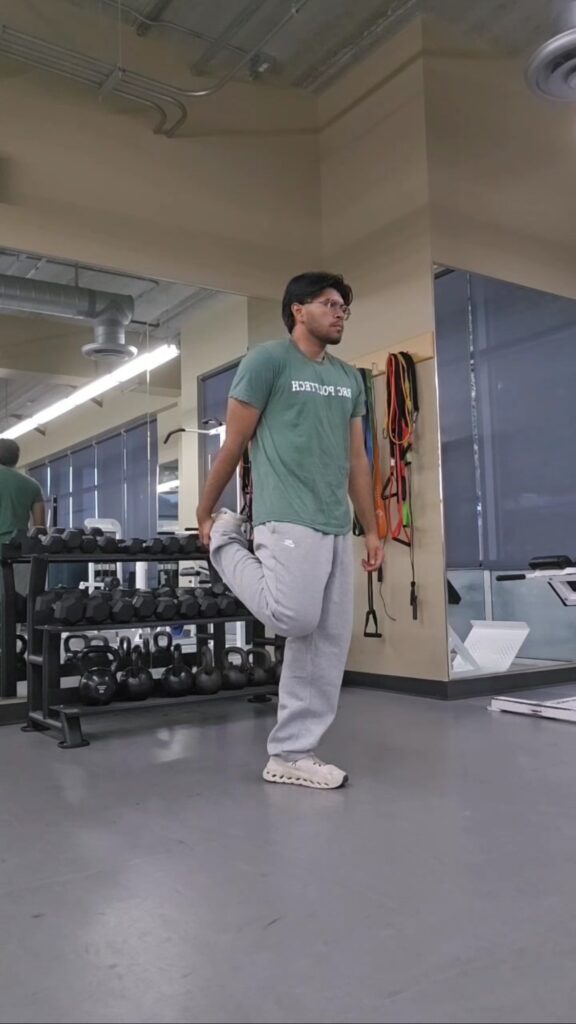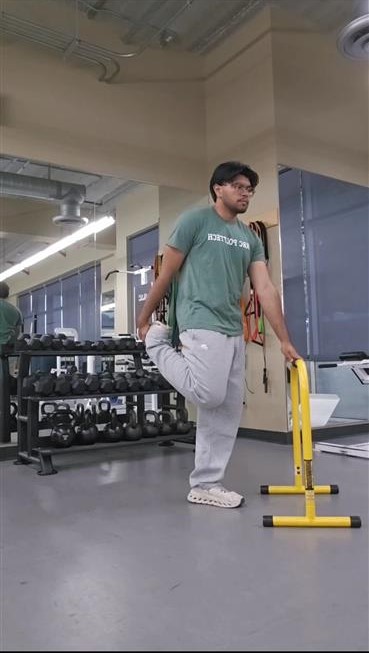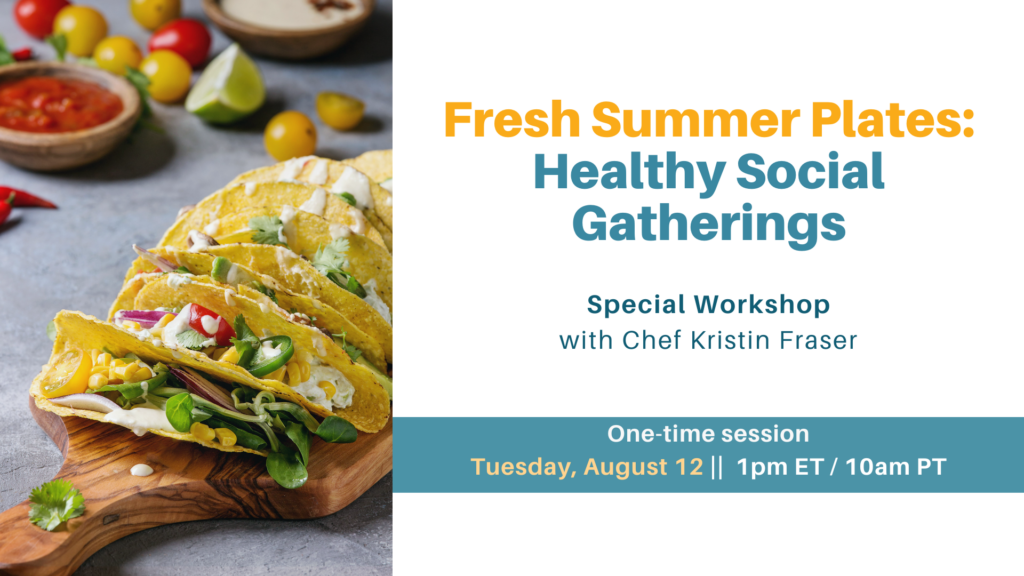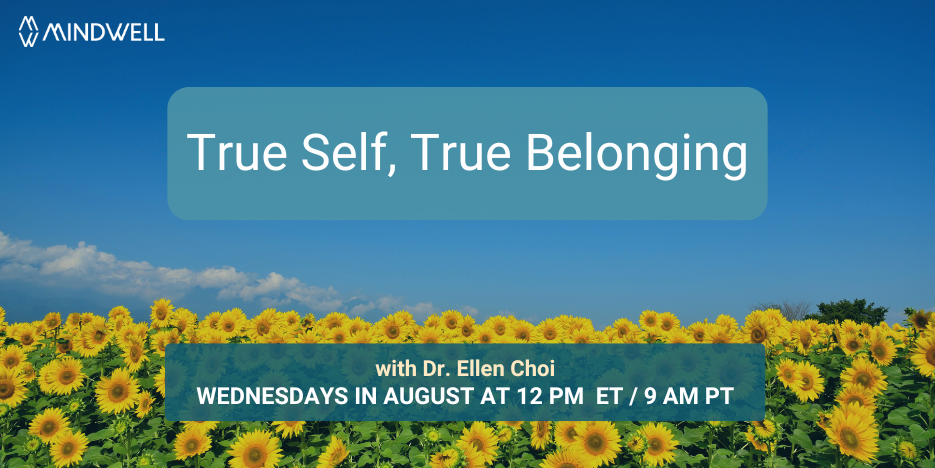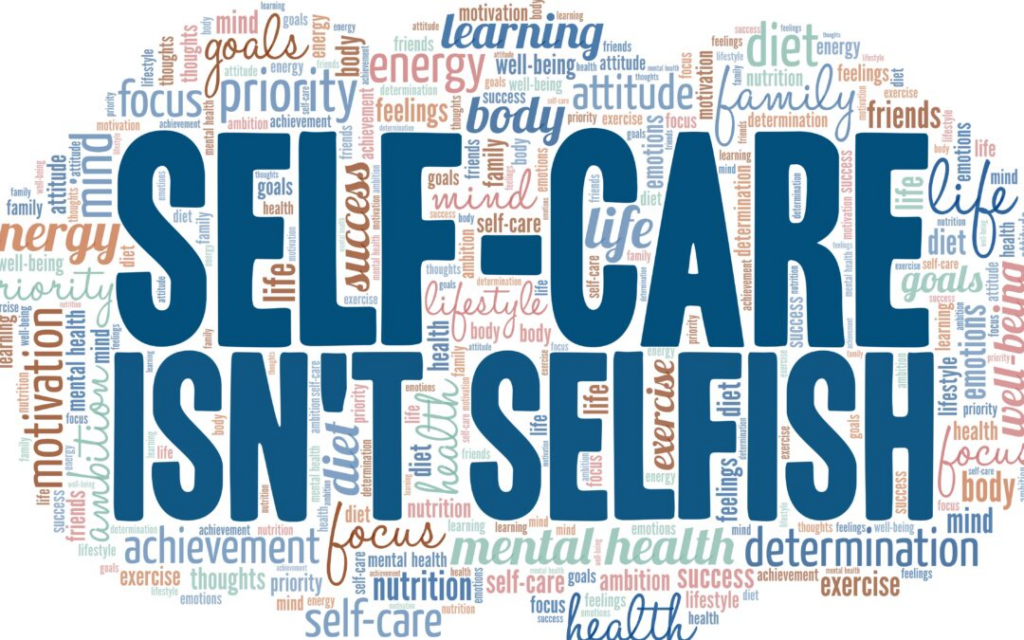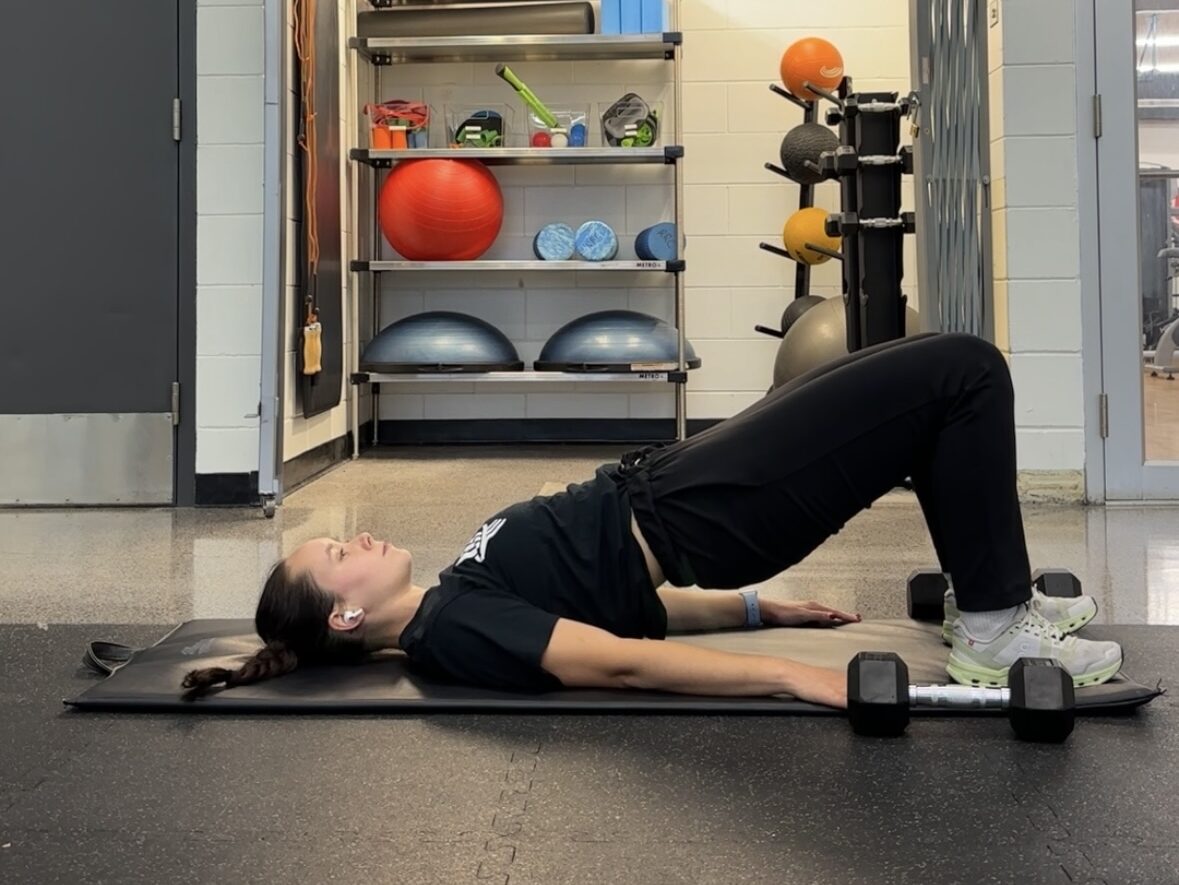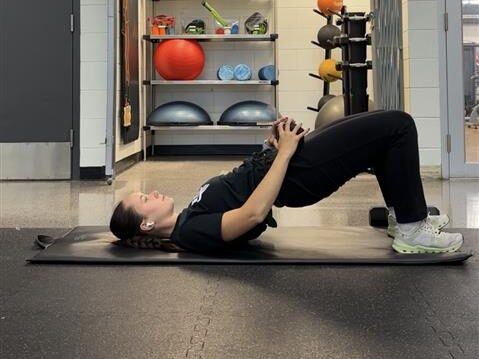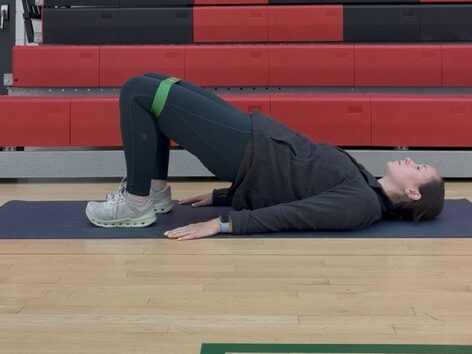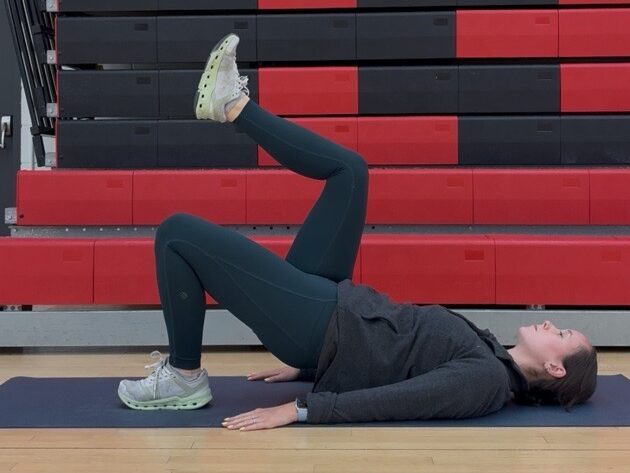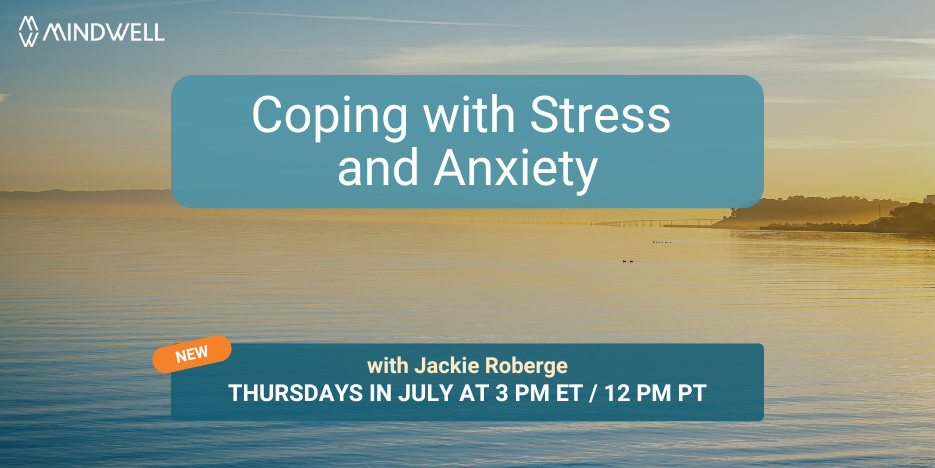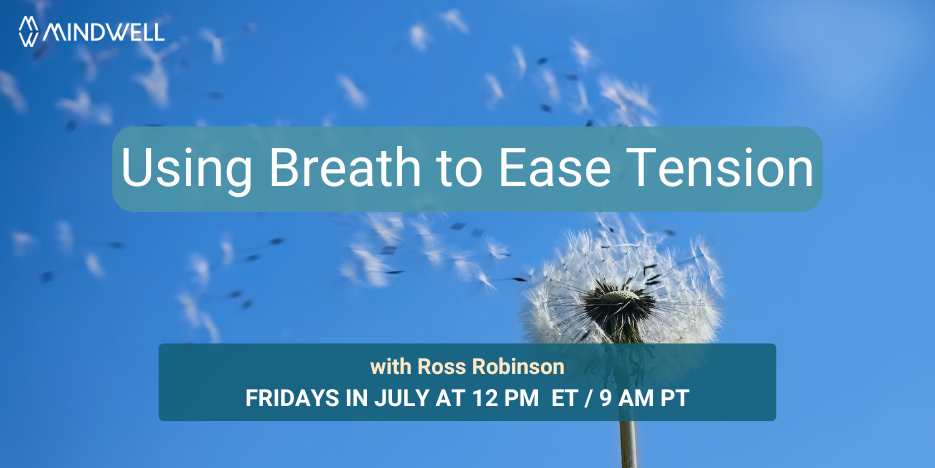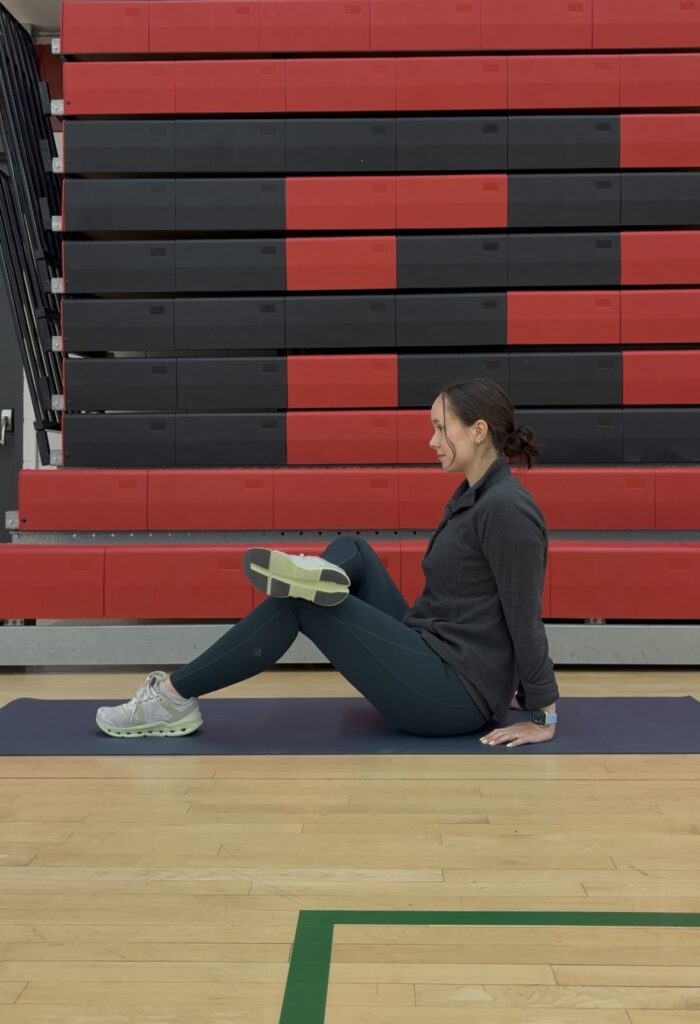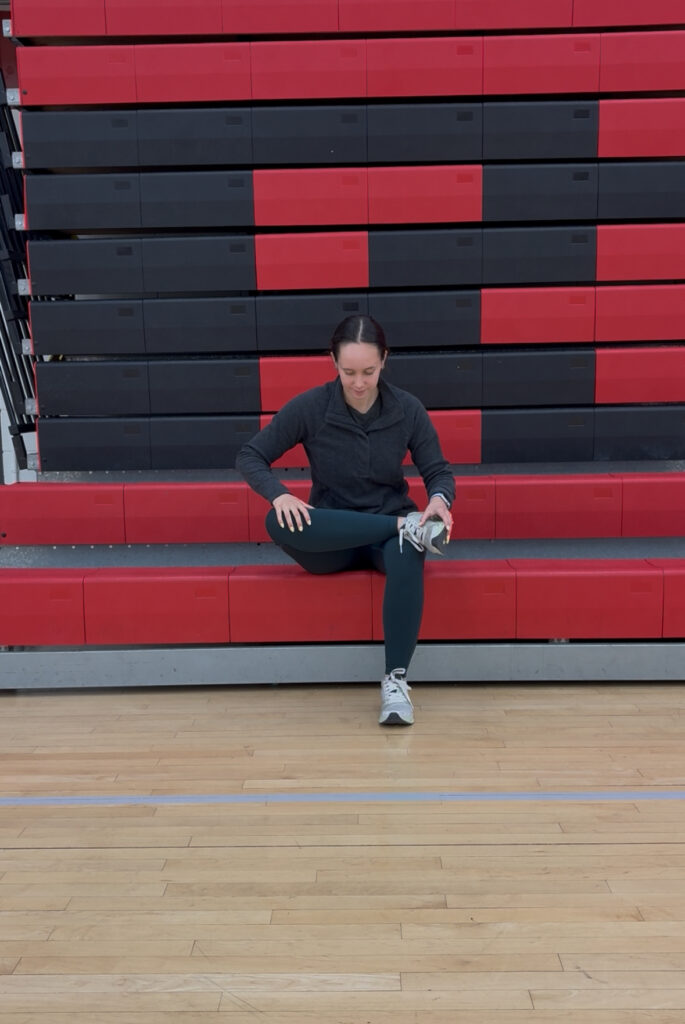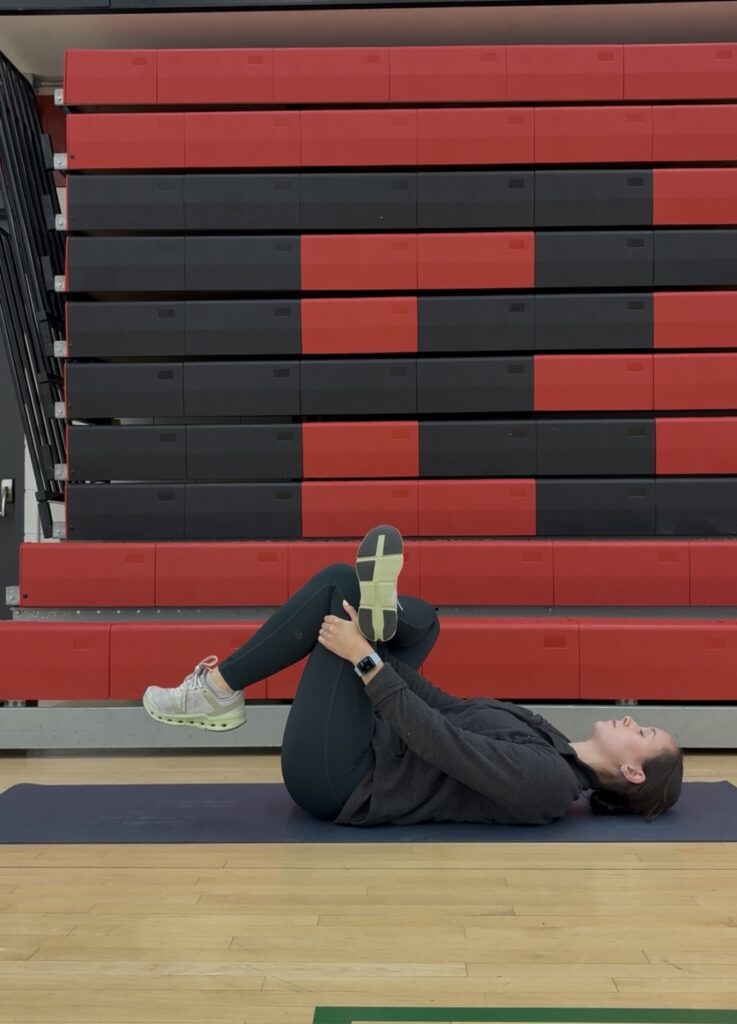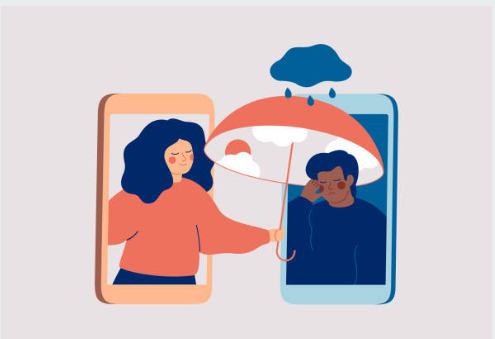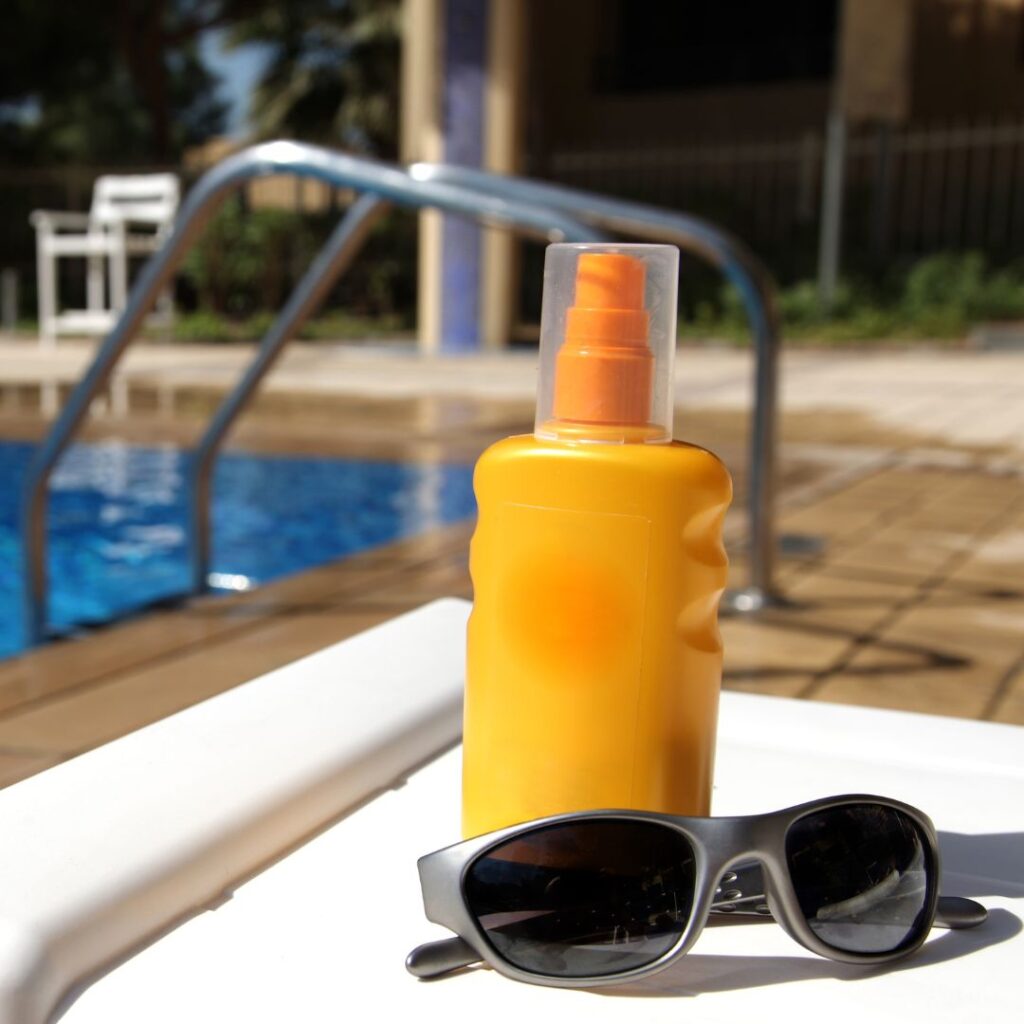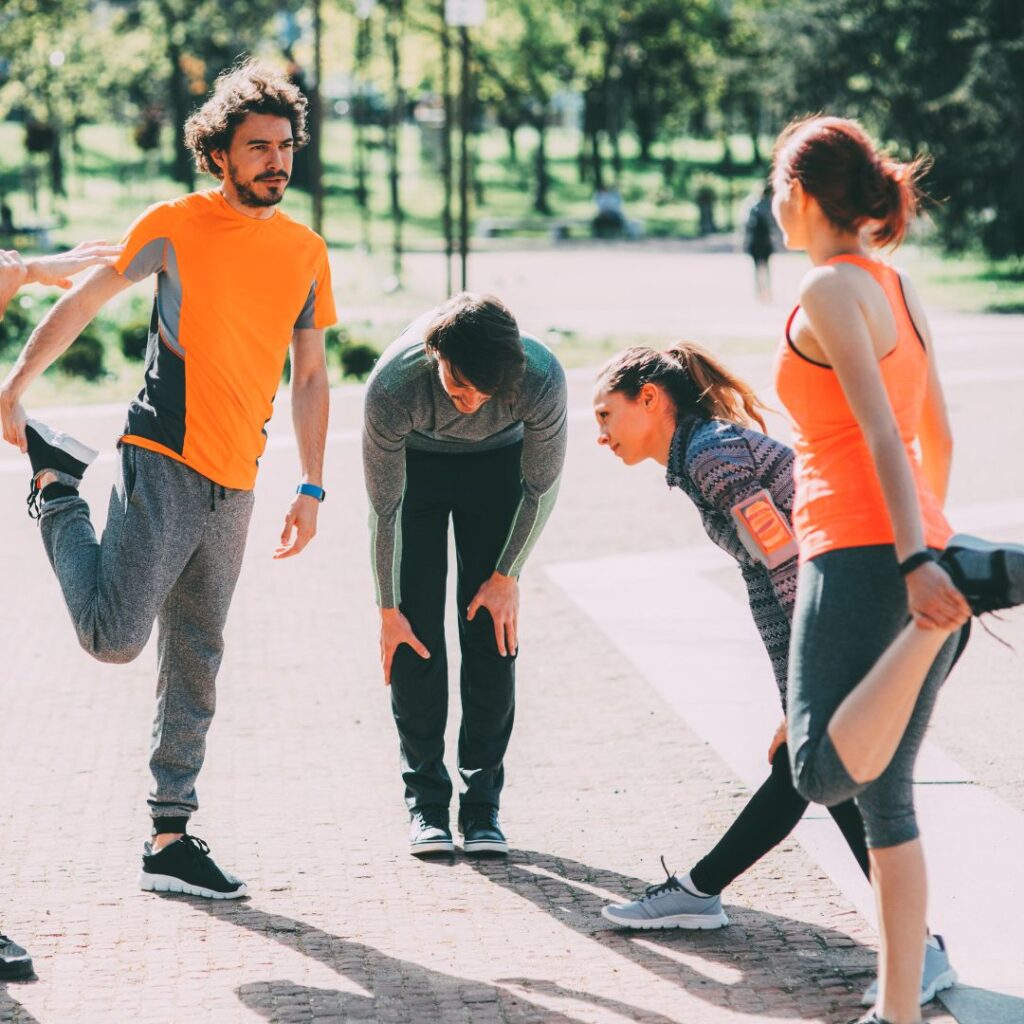On Campus Volunteer Opportunities: Join the Information Session

Are you a current student who is interested in getting involved on campus? Are you passionate about sport, recreation or mental wellness? Please join our Volunteer Information Session to learn more about some exciting opportunities!
Info Session Details
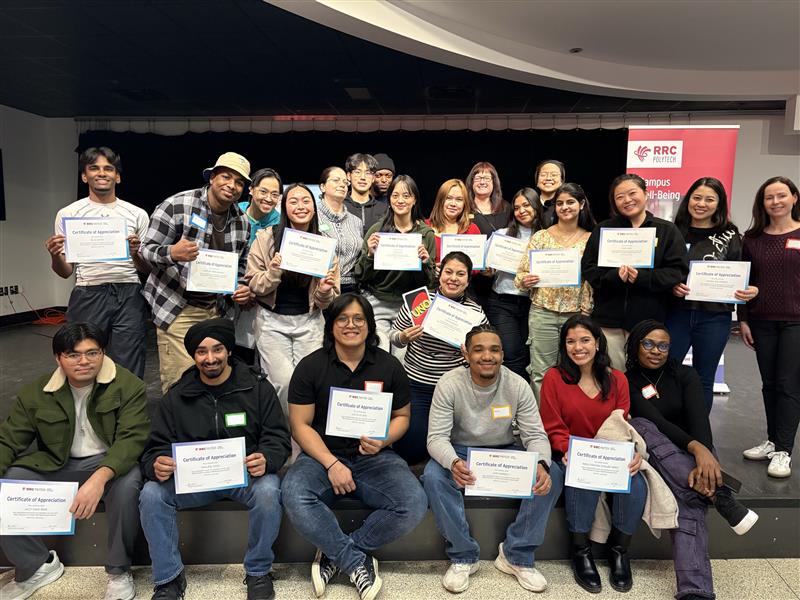
Date: Thursday, Sept. 18
Time: 12:15 – 12:45pm
Location: Connected Classroom, EMP Studios GM33, Notre Dame Campus. Contact Breanna to request a calendar invitation.
Can’t make it in person? Register for the live stream.
Time doesn’t work for you? Ask Breanna for a recording.
Benefits of Volunteering
Each volunteer should plan to complete a minimum of 10 hours of service. Some positions may require additional hours based on their responsibilities.
Volunteers will be provided with a certificate of service and a $150 honorarium, and will be invited to an appreciation event. Those who display exceptional service may request letters of recommendation for awards
Volunteer Roles
Thrive Ambassador
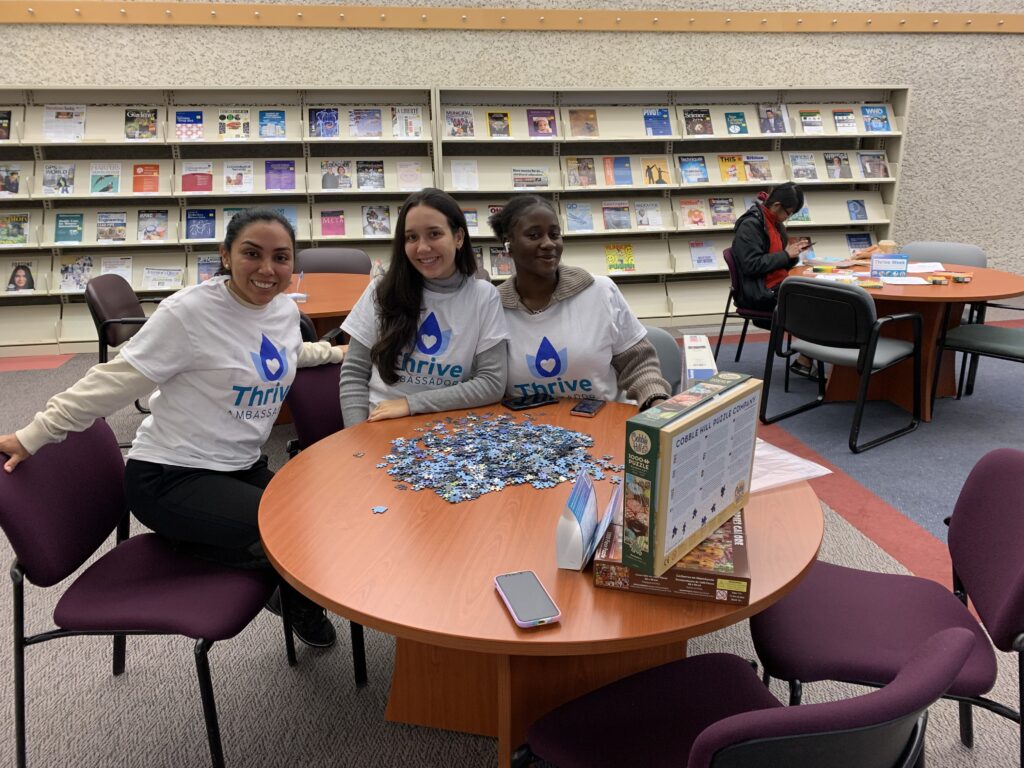
The Thrive Ambassador will support Thrive Week by communicating with other students and assisting with events. The ideal candidate is friendly in conversation, can communicate clearly, and is conscientious.
This volunteer role is busiest during the month of November. All service is completed on campus with support from the Thrive planning group. An orientation is required.
Peer Supporter
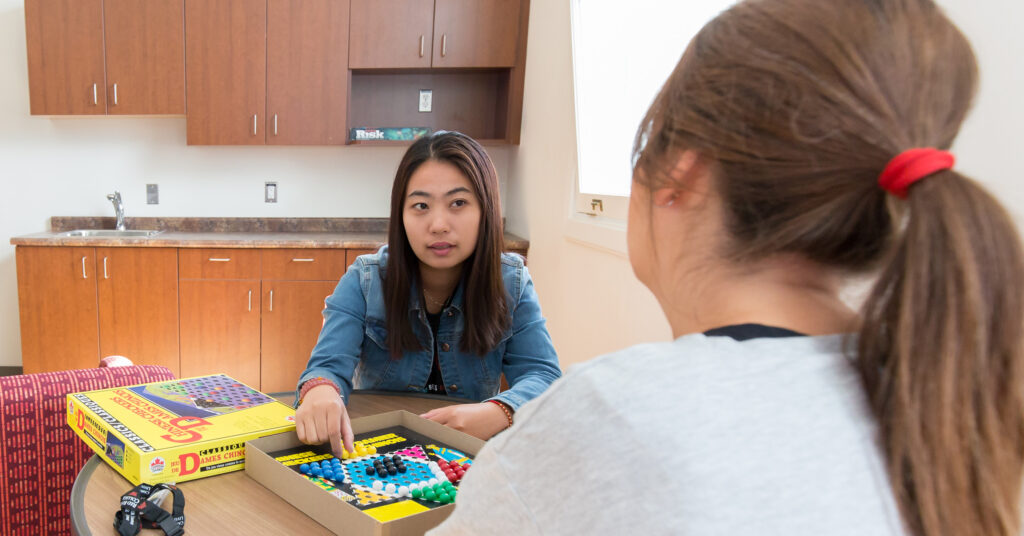
A Peer Supporter will provide fellow students with confidential, non-clinical, emotional support using the wisdom that comes from their lived experience. Peer Supporters meet with students who require support, building relationships based on deep mutual understanding and trust.
The volunteer must be available for mandatory virtual training every Wednesday evening from Oct. 22 to Nov. 26. Peer Supporters will be mentored and supervised by the Campus Mental Health Specialist.
Advisory Group Member
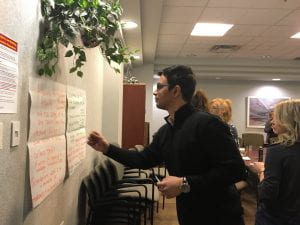
The Advisory Group Member will use and enhance their critical thinking and problem-solving skills, providing thoughtful critiques and formulating ideas for our Healthy Minds Healthy College Strategy. In this role, the volunteer will attend Advisory Group meetings where members share their perspectives, brainstorm ideas, and develop strategies to make RRC Polytech a health-promoting college.
All service is on campus with support from the Campus Mental Health Specialist. A one-on-one orientation meeting is required.
Student Intramural Coordinator
(Various Positions Available: Basketball, Cricket, Badminton, Volleyball, Futsal or Other)

The Student Intramural Coordinator will use and enhance their leadership and event-management skills by facilitating intramurals in their sport of interest.
The volunteer will promote intramural participation by communicating with other students. They will also facilitate registration, game play, set-up and take-down.
A group orientation session is mandatory for all intramural coordinators, at which they will receive support and direction from the Sport and Fitness Supervisor.

